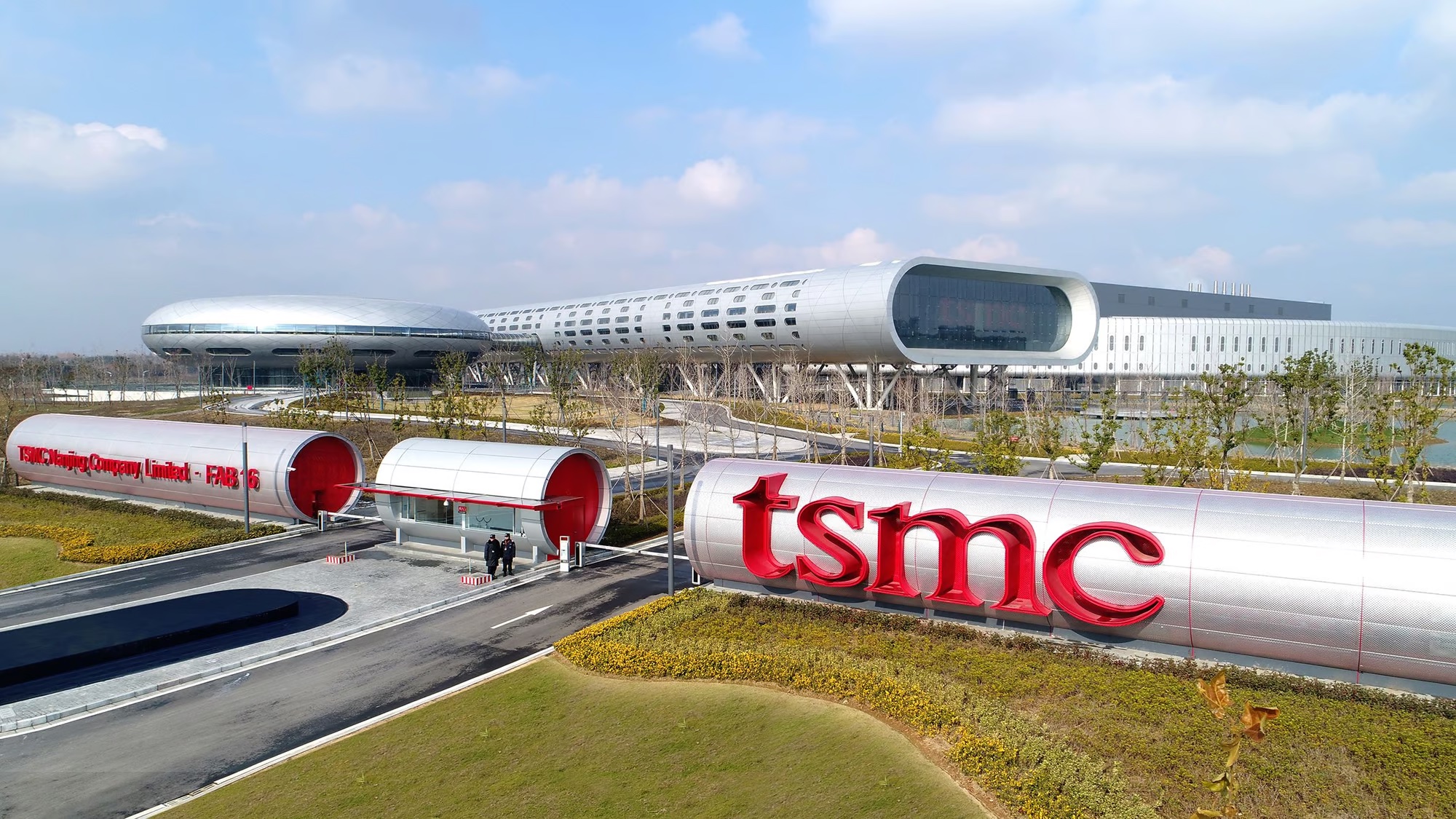TSMC forecasts record growth, rejects US joint venture amid AI surge

Taiwan Semiconductor Manufacturing Company (TSMC) has raised its revenue forecast for 2024, citing strong demand for chips in AI applications. The world’s largest contract chipmaker anticipates growth slightly above the mid-20% range in US dollar terms, up from its previous estimate. This adjustment comes as TSMC reports better-than-expected profits for the second quarter of 2024.
During its earnings call, TSMC, according to Reuters, also addressed speculation about potential joint ventures, particularly in the United States. The company reaffirmed its commitment to its current global expansion strategy, including significant investments in Arizona, Japan, and Europe. This stance on independent growth comes amid ongoing discussions about the worldwide distribution of semiconductor manufacturing capacity.
TSMC’s chairman and CEO, C.C. Wei, painted a vivid picture of the current landscape: “AI is so hot; right now everybody, all my customers, want to put AI functionality into their devices.”
TSMC’s success is intrinsically linked to the global AI boom, which has helped offset the tapering demand for pandemic-driven electronics. As a critical supplier to tech giants like Apple Inc and Nvidia, TSMC finds itself at the heart of the AI revolution, producing the advanced chips that power everything from smartphones to data centres.
It is reflected in the company’s stellar performance based on TSMC’s recent financial results, with net profit for the April-June quarter soaring to T$247.8 billion ($7.60 billion), surpassing market expectations. Despite global economic uncertainties and geopolitical tensions, this robust growth comes, underscoring TSMC’s resilience and strategic positioning in the semiconductor industry.
The company’s optimism extends into the near future, with CFO Wendell Huang projecting strong demand for TSMC’s leading-edge process technologies, particularly in smartphones and AI-related applications. This positive outlook is backed by concrete plans. TSMC adjusts its capital expenditure for the year to between $30 billion and $32 billion, signalling its commitment to expanding capacity and maintaining its technological edge.
However, TSMC’s journey is not without challenges. The company faces intense pressure to meet the skyrocketing demand for advanced chips, with Wei describing the situation as “very, very tight.” TSMC is working to ramp up capacity to support customer needs through 2026 and beyond.
In the face of these challenges, TSMC remains committed to its global expansion strategy. The company is investing heavily in new facilities, including a $65 billion investment in three plants in Arizona and projects in Japan and potentially in Europe. This global footprint helps TSMC meet worldwide demand and positions the company strategically in an increasingly complex geopolitical landscape.
Interestingly, TSMC has firmly rejected the idea of a joint venture in the US despite recent comments from US political figures about Taiwan’s dominance in the chip industry. Wei reaffirmed the company’s commitment to its expansion plans, emphasizing TSMC’s independence and strategic vision.
As TSMC continues to push the boundaries of semiconductor technology, its impact extends far beyond its balance sheet. The company’s innovations are driving advancements in AI, powering the next generation of smart devices, and shaping the future of global technology.
In conclusion, TSMC’s latest financial results and optimistic forecasts paint a picture of a company at the forefront of the AI revolution. As the world increasingly relies on advanced computing power, TSMC’s role in providing the chips that make it all possible has never been more critical. With its ambitious expansion plans and unwavering focus on innovation, TSMC is not just riding the AI wave – it’s helping to create it.
See also: Global semiconductor shortage: How the US plans to close the talent gap
Want to learn more about AI and big data from industry leaders? Check out AI & Big Data Expo taking place in Amsterdam, California, and London. The comprehensive event is co-located with other leading events including Intelligent Automation Conference, BlockX, Digital Transformation Week, and Cyber Security & Cloud Expo.
Explore other upcoming enterprise technology events and webinars powered by TechForge here.













